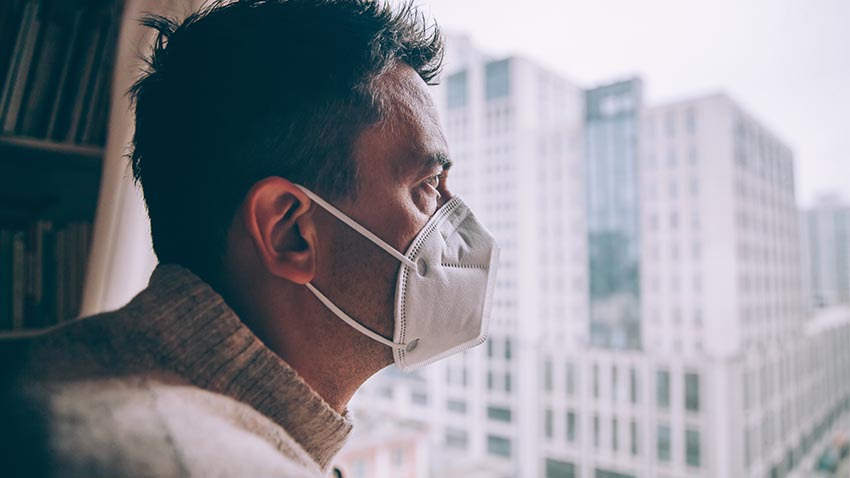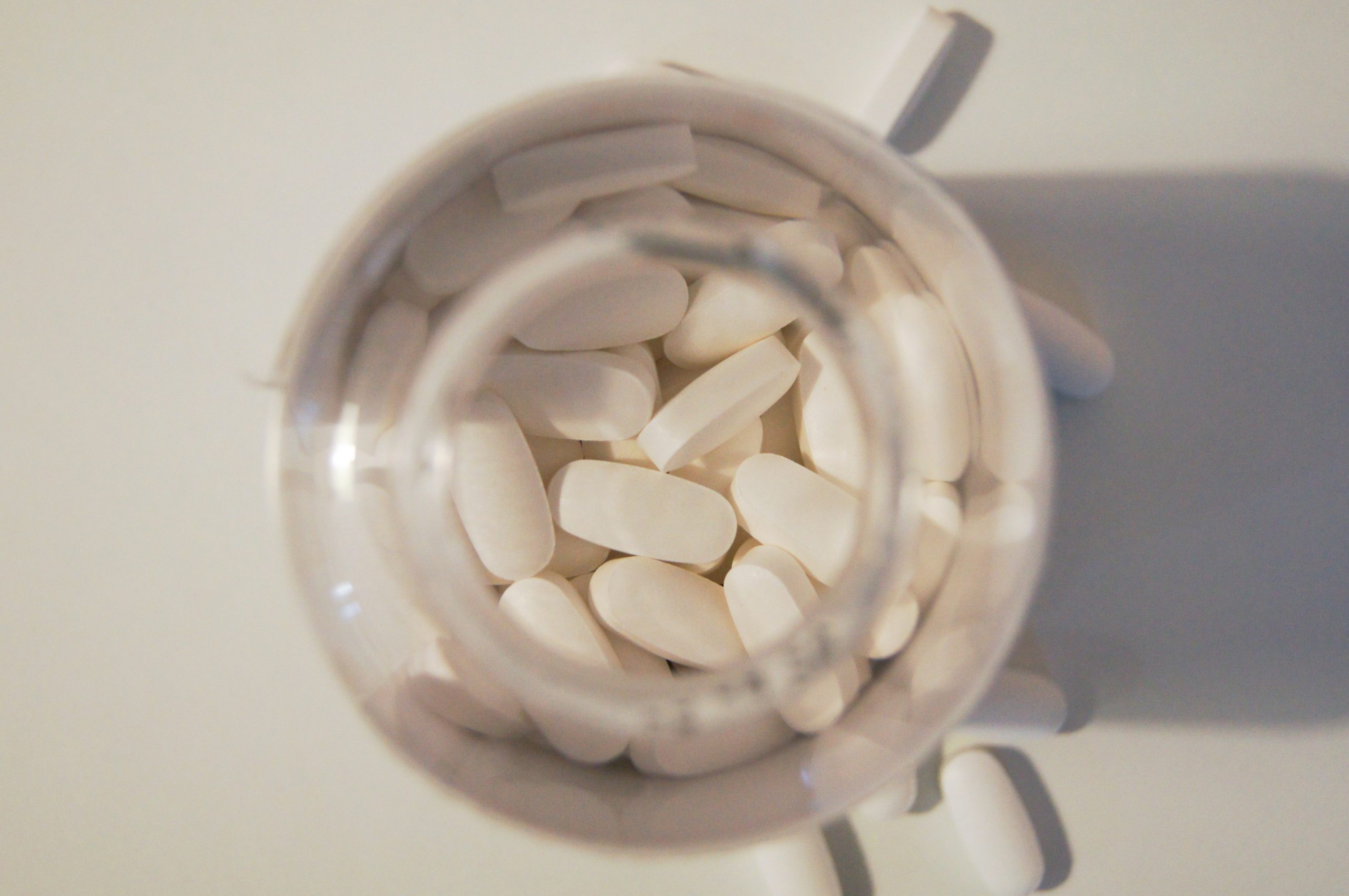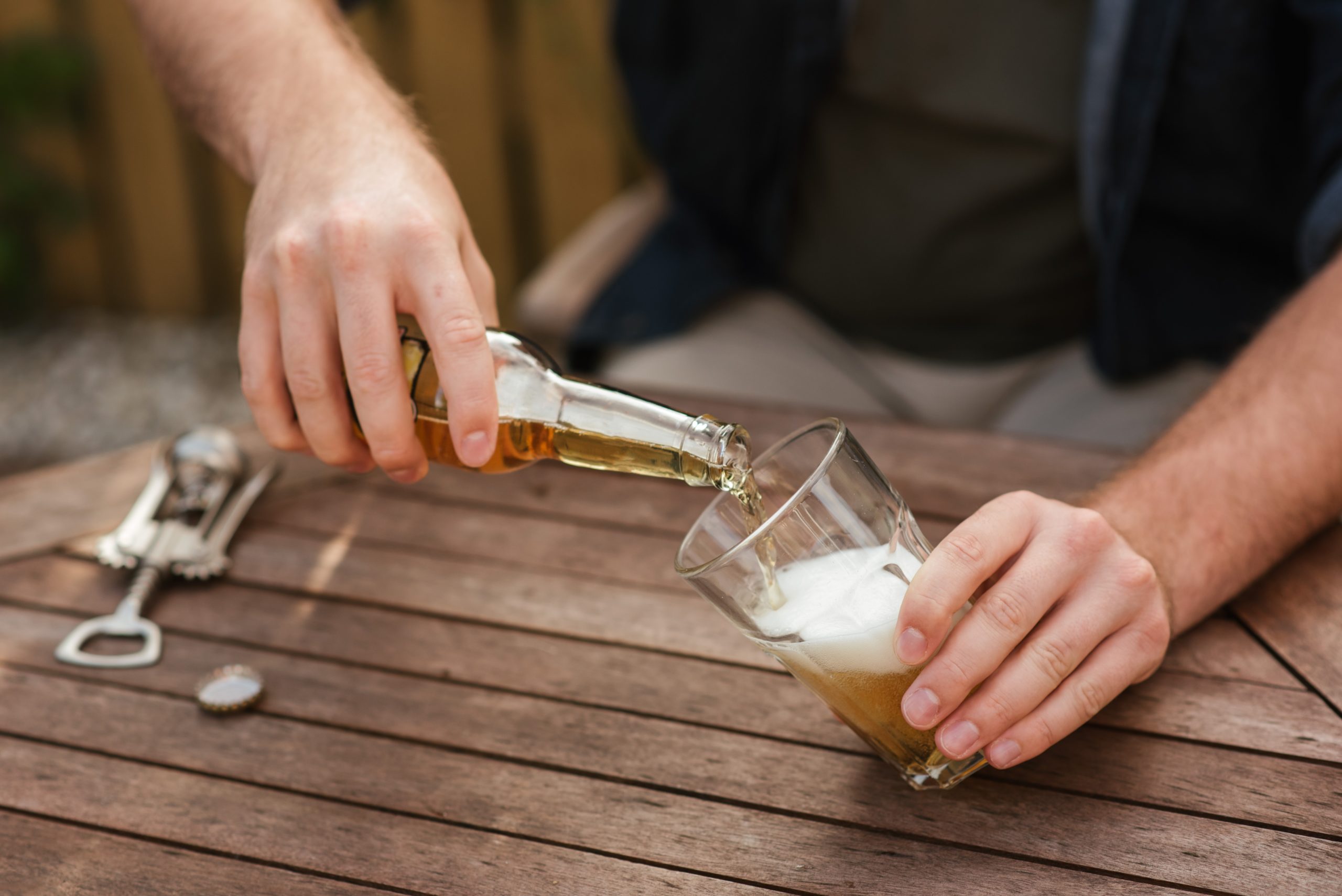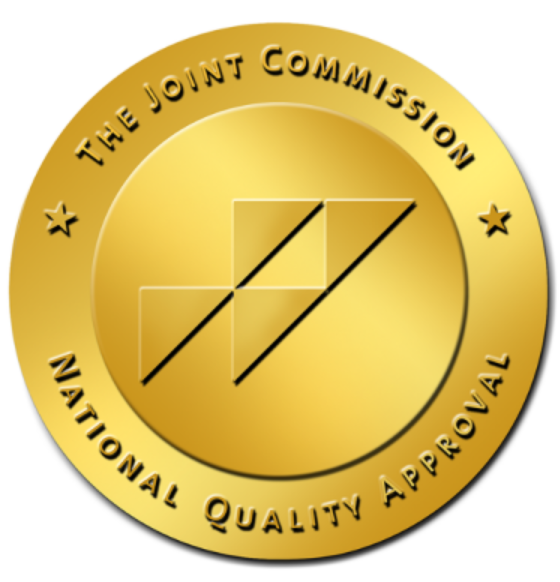
The decision to seek treatment for substance use disorder is rarely an easy one. Plenty of people go years resisting the idea. Some resist the idea out of a mistaken belief that they can use self-will to master their substance abuse. Others have internalized the stigma around addiction and belief that seeking help is weak. Many people want to get help but the nature of addiction itself makes it difficult to take that initial first step. A large portion of people with substance use disorders die from overdoses or other drug-related causes before they ever have a chance to recover. While treatment options for addiction are both effective and widely available, these issues are major impediments for many individuals.
However, with the development of the COVID-19 pandemic, public health concerns have emerged as a new unexpected barrier for treatment. Many people who would otherwise be interested in a treatment program are questioning the safety of entering treatment programs. There are others, too, who are likely to eagerly snatch at an excuse to delay sobriety. The decision to begin an addiction treatment program is never an easy one, and COVID-19 complicates the process even more. It is best for every individual to assess their situation rationally and take the course of action that makes the most sense for their particular circumstances.
It is important to understand that despite the spread of a life-threatening virus like COVID-19 and the social and economic consequences, addiction is not on hiatus. Unfortunately, addiction does not pause even during international catastrophes. During World War I and II, people suffered from addiction. When people suffer from major life events like the death of a family member or the diagnosis of a terminal illness, addiction can still rage on. While addiction is unforgiving in this way, it is also crucial to understand that during all of these events, many people managed and still manage to achieve sobriety. Even today, during the coronavirus outbreak, many people are attending treatment programs and building a foundation for long term sobriety.
The main danger that the coronavirus presents is, obviously, contagion. Social distancing rules that aim to prevent the spread of the virus can make the idea of entering a treatment program seem risky. Inpatient treatment programs and sober living homes require full-time residency alongside multiple other people. Even outpatient programs imply a decent amount of social contact. While everyone is doing their part to stay home to limit the spread of COVID-19, it might seem dangerous or perhaps even socially responsible to begin one of these treatment programs.
However, it should also be understood that addiction is a health problem as well. Like COVID-19, substance use disorder also has a very high fatality rate. As such, the decision whether or not to seek treatment should be made after reflecting on the pros and cons. Considering the nature of ones addiction, understanding the safety measures in place at treatment centers, and weighing both the risks of delaying and starting treatment can help one come to a balanced and prudent decision.
Is my Substance Abuse out of Control?
Substance abuse, unfortunately, is common behavior for many people. What distinguishes someone with addiction from an individual who periodically binge drinks is that an addict is unable to exercise any control whatsoever over their substance abuse. It is common for people with substance use disorder to try a variety of strategies to limit their use or stop entirely. These strategies include setting rules for themselves, traveling, changing their social group, reading self-help books, trying to be healthier overall, and even sometimes quitting cold turkey. While sometimes people do have some degree of success with these techniques, more often than not after a short period of time people return to their old patterns of behavior. Addiction actually causes changes in the brain on a neurological level, hijacking the reward centers of the brain that control motivation and decision-making. As a result, most people find it nearly impossible to control, limit, or stop their substance abuse without outside help. If one finds this to be the case, making use of an addiction treatment program is often the best course of action.
Isolation During Addiction vs. Isolation During a Pandemic
Addiction is often colloquially referred to as a “disease of loneliness.” People who engage in regular substance abuse often find themselves very much alone, since addiction makes it difficult for people to hold down a job, harms relationships with friends and families, and also because many addicts prefer the company of their substance of choice over even the closest sober friend. Not only does addiction result in loneliness, however, but it often also stems from it. Research has shown that individuals with weaker social support systems are more likely to turn to substance abuse.
Even for non-addicts and otherwise healthy people, the isolation that social distancing has engendered can be difficult to handle. With many workplaces shuttered and public spaces closed, people who do not have romantic partners or families to live with are often forced to reckon with a rather bleak form of isolation. For someone suffering from substance use disorder, this situation can further heighten feelings of loneliness and despair. The advantage of enrolling in an addiction treatment program is that an individual can immediately make use of a strong and empathetic social support system that consists of other individuals on the path to sobriety.
Detoxing Alone
For individuals who are attempting to quit substances on their own, the withdrawal process can actually be quite dangerous. While the world is on pause, detoxing might seem like a sensible choice, but doing so without a support system and medical supervision can lead to dangerous health consequences. Withdrawing from many drugs can worsen pre-existing symptoms of mental health disorders. It is also common for people to experience physical side effects during withdrawal, including fluctuations in heart rate and blood pressure. People with extreme physical dependence on certain substances can even face life-threatening consequences. Unsupervised withdrawal from alcohol and benzodiazepines can lead to seizures and death.
Health consequences aside, detoxing alone is excruciatingly painful and difficult. Few manage to make it all the way through. Among the few who do manage to finish withdrawing, without proper addiction treatment, relapse remains likely. Unfortunately, after tolerance levels have changed following withdrawal, relapse itself poses its own life-threatening risks. Medical detox centers mitigate these risks by easing withdrawal symptoms with medications like methadone and buprenorphine and by helping an individual develop a program of action for long term sobriety. Ultimately, for anyone hoping to begin the process of detoxing and withdrawing from their substance of choice, a medical detox center is the safest and most effective route.
Health Concerns and Alternatives to Treatment Centers
For people with compromised immune systems, pre-existing health conditions, and the very elderly, it might be safest to avoid a formal treatment center entirely. However, this does not mean they have no other options. Virtual outpatient programs are widely available for people who cannot leave their homes. 12-step programs and other time-tested support groups are also offering meetings over Zoom. Nonetheless, it should be added that even people in bad physical health might be safer in a residential addiction program. For many people with substance use disorders, the alternative is an unpredictable lifestyle, homelessness, and frequent physical contact with drug dealers. Formal treatment centers are relatively enclosed places that prioritize safety and long-term sobriety. Continued substance abuse, especially with opioids, increases the likelihood of infection. Ultimately, sobriety is likely to be a major protective factor against contracting the coronavirus.
Safety of Treatment Programs
Addiction treatment programs continue to function and operate. In fact, addiction treatment workers are considered “essential workers” during the COVID-19 pandemic. The vast majority of treatment centers follow government regulations and have worked to make sure that their treatment facilities are as safe as possible for anyone choosing to seek treatment during this time. When reaching out to a treatment center, some important questions to ask are:
- Is the treatment center enforcing sanitation and hygiene rules like hand-washing and disinfection of surfaces?
- Do residents stay a certain physical distance apart from each other?
- Is the treatment center screening for COVID-19 before admitting new people?
- Are staff and clients screened regularly?
- How frequently do staff and residents make contact with the world outside of the treatment center?
- Does the treatment facility have medical staff on-hand or protocols in place in the event that someone does contract the coronavirus?
While it is impossible to guarantee perfect safety from the consequences of this pandemic, substance use disorder is often just as if not more dangerous. For most people suffering from addiction, seeking treatment is the most sensible decision as long as one has ensured that the treatment center is taking proper safety measures.
Follow Us:









